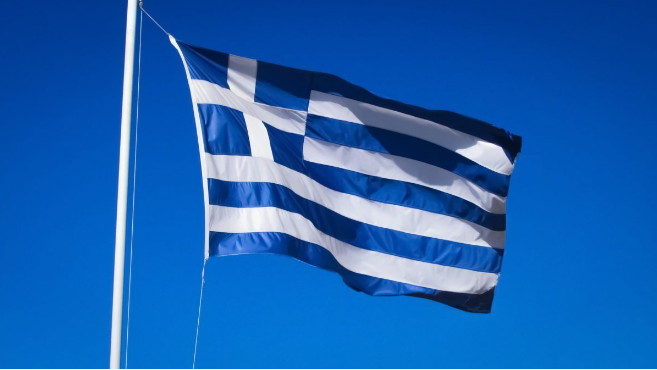Greece’s latest renewable energy tender took place on May 24 for solar and wind power technologies. The country’s energy regulator, RAE, said yesterday that tariffs ranged from €0.03297/kWh to €0.0512kWh, with the average tariff coming in at €0.0376/kWh.
Only PV projects up to 20 MW and wind power projects no larger than 50 MW were allowed in the Greek auction. The tender’s lowest tariff was awarded to a 19.3 MW solar farm, which is set to be developed by local firm Egnatia. Overall, the company, part of the Athens-headquartered Mytilineos Group, won around 130 MW of the awarded capacity. Ecosolar won another 90 MW worth of solar PV capacity.
The regulator did not initially state whether the winning capacity comprised solar or wind power projects; however today it has updated its press release stating that only PV projects were successful. This development is in line with results seen in other European tenders, where PV projects also swept the board.
Greek policy reforms pay off
Commenting on the tender results, Greece’s minister of the environment and energy Kostas Skrekas expressed confidence that the country can hit its target of generating at least 61% of its electricity mix by renewables by 2030.
He also remarked that the auction prices that enable solar power investments at one third of the lignite power plants, show that Greece’s coal phase out makes economic sense.
The main reason behind Greece’s last successful tender is the 2020 reform of the country’s licensing regime. The previous regime required Greece’s energy regulator to process all projects’ generation licenses – a prerequisite for projects to bid on the tenders. However, the regulator was incapable of processing the backlog of applications, which exceeded 6 GW of capacity.
This led to just a few projects acquiring a generation license, meaning most Greek tenders were undersubscribed and failed to allocate the full amount of power capacity sought.
Following last year’s policy reform, investors only need a so-called license certificate, which can be applied for online, via a digitized process. The policy reform requires RAE to issue the certificate within 20 days of receipt of a €60 application fee from developers.
The result is that where all previous tenders were undersubscribed, this week’s tender saw 126 projects totaling 1,090 MW of capacity competing against each other for a total of 350 MW of contracts.
The high level of competition and the clever diminishing of the regulator’s role in the licensing process bore the fruits of record low auction tariffs.
Greece’s energy ministry understands very well that should Greece achieve its decarbonization targets and attract investors, this is the direction future policies must also take.
The second round of reforms, set to be announced this summer, will bring another blow to the country’s red tape by uniting all licensing under one digital roof. Investors will be able to apply and manage the complete licensing of their projects via one central platform.
Overall, Greece aims to auction a further 2.1 GW of solar and wind power capacities by 2024.






